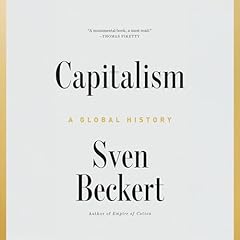
Age of Anger
A History of the Present
Failed to add items
Add to Cart failed.
Add to Wish List failed.
Remove from wishlist failed.
Adding to library failed
Follow podcast failed
Unfollow podcast failed
 Prime members: New to Audible?
Prime members: New to Audible?Get 2 free audiobooks during trial.
Buy for $21.94
-
Narrated by:
-
Derek Perkins
-
By:
-
Pankaj Mishra
How can we explain the origins of the great wave of paranoid hatreds that seem inescapable in our close-knit world - from American shooters and ISIS to Donald Trump, from a rise in vengeful nationalism to racism and misogyny on social media? In Age of Anger, Pankaj Mishra answers our bewilderment by casting his gaze back to the 18th century before leading us to the present. As the world became modern, those who were unable to enjoy its promises of freedom, stability, and prosperity were increasingly susceptible to demagogues. It was from among the ranks of the disaffected that the militants of the 19th century arose - angry young men who became cultural nationalists in Germany, messianic revolutionaries in Russia, bellicose chauvinists in Italy, and anarchist terrorists internationally. Today, just as then, the embrace of mass politics and technology and the pursuit of wealth and individualism have cast many more billions adrift, uprooted from tradition but still far from modernity - with the same terrible results. Making startling connections and comparisons, Age of Anger is a book of immense urgency and profound argument. It is a history of our present predicament unlike any other.
©2017 Pankaj Mishra (P)2017 TantorListeners also enjoyed...




















Critic reviews
People who viewed this also viewed...








Frightening and revealing
Something went wrong. Please try again in a few minutes.
good and interesting but over my head
Something went wrong. Please try again in a few minutes.
Extremely dense but absolutely worthwhile.
Something went wrong. Please try again in a few minutes.
An excellent place to start
Something went wrong. Please try again in a few minutes.
Much Needed Dialogue for our Times
Something went wrong. Please try again in a few minutes.


